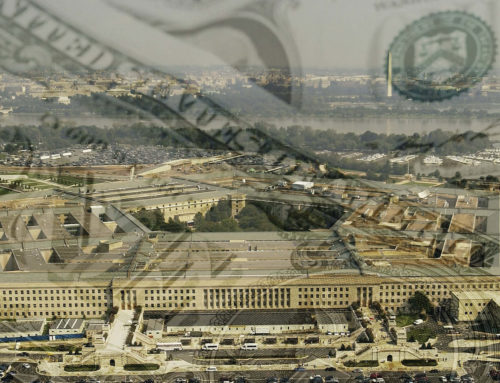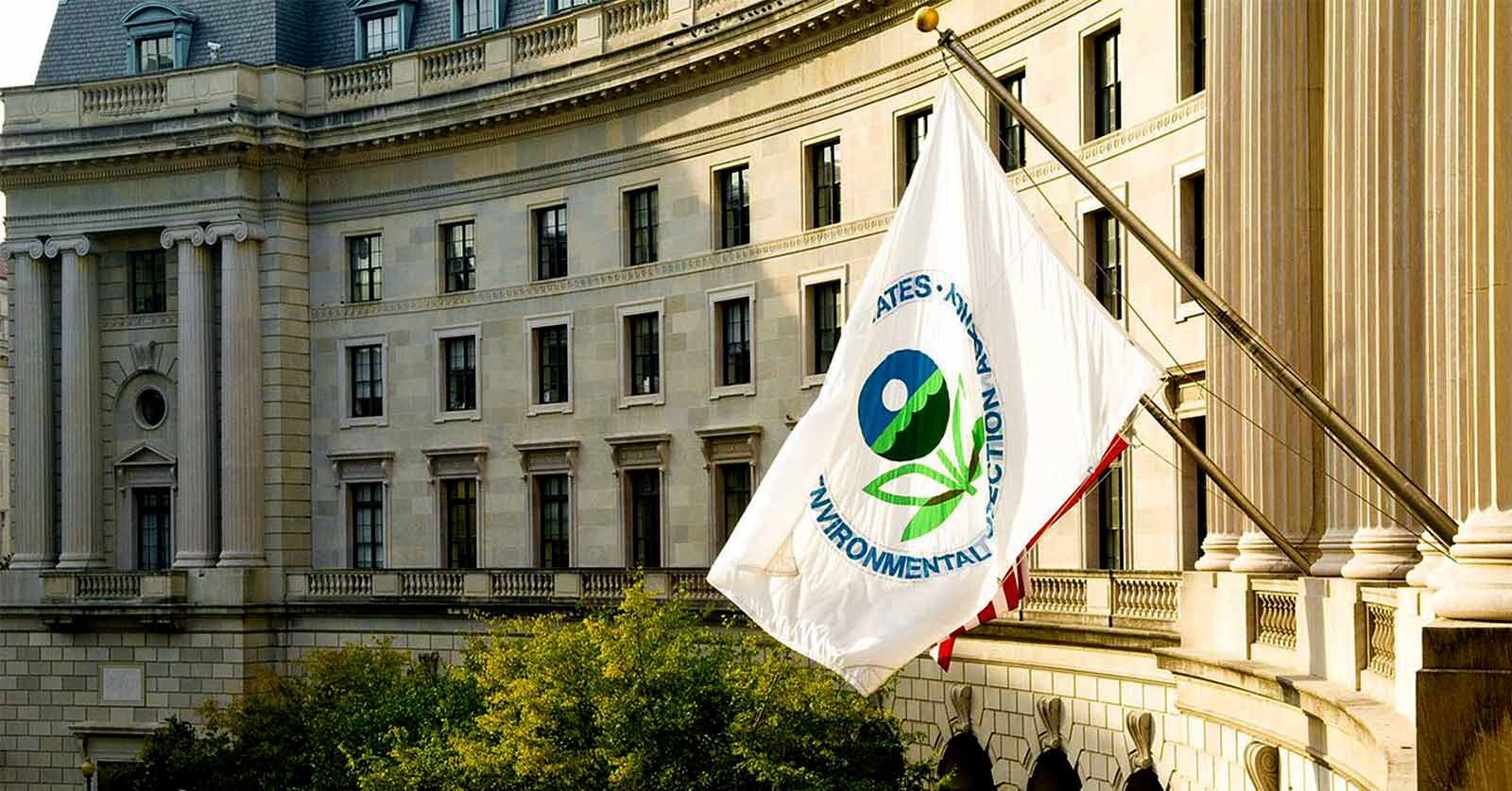On June 6, 2002, President George W. Bush unveiled his plan for a new Cabinet-level agency with a staff of 170,000 and a budget of $37 billion. The new agency, named the Department of Homeland Security (DHS), would consolidate responsibilities and funding for nine different departments. The proposal is the largest proposed reorganization of the federal government since the 1947 National Security Act, which established the Department of Defense, the National Security Council and the Central Intelligence Agency.1 According to the Administration, the DHS budget would be covered through savings achieved by eliminating duplication among current agencies. However, recent findings indicate that security spending may rise by 12 percent annually over the next five years.2
Imaging Automation Inc. of Bedford, NH recently displayed its wares at a Homeland Security Business Expo in Washington, DC. The BorderGuard (above) is reportedly able to determine a document’s authenticity and integrity as well as link photos to terrorist watch lists.
The September 11 terrorist attacks created a wave of new government spending, opening new pots of money for American industries.3 “The business of America is business,” said Calvin Coolidge, who was president during the era of economic boom characterized by John D. Rockefeller and Andrew Carnegie. True to Coolidge's words, our economy is turning homeland security into big business with trade shows, specialized newsletters, and heated competition.4 The lobbying process is in full gear with company representatives pinning American flags on their lapels, racing to schedule appointments with congressional aides or Administrator Tom Ridge's office, and vying with one another to get the government to sign deals.5
Businesses view homeland security as a financial growth opportunity. KPMG Consulting hired veteran lobbyist Charles Cantus to oversee lobbying efforts in this area, which the firm considers its newest priority.6 On June 24, Navigant Consulting, Inc. announced its acquisition of the Washington, D.C.-based Government Contracts Consulting practice of Arthur Andersen LLP. Bill Keeven, head of the new practice, cited increased demand for services resulting from an emphasis on homeland security.7 With only a hint of embarrassment, Andrew Sherman – an attorney with McDermott Will & Emery who helps Fortune 500 companies maneuver federal contracts – asked: “How do we translate these unfortunate events into opportunities for our companies?”8 Phil Whitebloom, who heads up government sales for Sony Electronics, was more direct. “There's no time to wait for the Department of Homeland Security,” he advised potential customers. “Companies need to secure positions in the homeland security arena now. You need to get in with the FBI, CIA, and National Security Agency.”9
On July 10, the Senate-sponsored Small Business Homeland Security Expo featured 54 high-tech companies that showcased homeland-security products. CyTerra Corporation exhibited a handheld wand called the Vipur that detects objects concealed on the human body, including plastic explosives and non-metal weapons.10 Electro-Chemical Technologies Ltd. displayed the Ecasol Generator, which produces non-toxic solutions that kill biological agents on contact.11 Solid Terrain Modeling brought in three-dimensional replicas of geographic areas created by satellite digital elevation and photometric data.
Lee Hamilton, a former chairman of the House Intelligence Committee, calls the homeland security bonanza a gold rush.12 Homeland-security spending by all levels of government and industry could reach $138 billion next year.13 Despite the July 10 expo, small companies have yet to figure out how to position themselves next to more established government contractors like Lockheed Martin, Boeing, Northrop Grumman, and Raytheon that stand ready to tap into insider resources.
In March, the Air Force awarded Lockheed Martin a $79 million contract to provide three radar systems to the Tethered Aerostat Radar System, which is responsible for almost continuous surveillance of the nation's southern coastal border.14 The corporation won a $490 million contract in May from the Transportation Security Administration (TSA) to supervise conversion of private airport security guards into a federal, passenger-screening workforce.15
For Boeing, whose commercial airplane business was experiencing difficulties even before September 11, homeland security is an answer to its prayers. Boeing is aggressively marketing its Airborne Early Warning and Control system as a cost-effective solution for domestic air patrols, in part because the company is still trying to regain the investment it put into the program. Boeing sees potential in unmanned sensing vehicles to help patrol borders, unmanned reconnaissance aircraft to provide “situational awareness” at major events, and low-cost emergency communications centers (housed in vans) for local communities. John Stammreich, leader of Boeing's business development strategy for homeland defense, expects the company's homeland security revenue to grow from $20 billion to $30 billion over the next three years.16 Boeing beat out Raytheon for a $1.37 billion, five-year TSA contract to install luggage-screening equipment to detect bombs in 429 airports across the country by December 31.17
Other groups are concerned about homeland-security issues like infrastructure and policy. The Information Technology Association of America and the Business Software Alliance want a cybersecurity agency to be included in the department's makeup.18 The Capital Bonding Corporation is lobbying for changes in immigration policy. The United Parcel Service is interested in effects on security, cargo hauling, and a UPS financial segment that provides business loans. The American Trucking Association is worried about customs regulations.19
To be considered for participation in the Small Business Homeland Security Expo, an organization had to be sponsored by a member of Congress. Not unexpectedly, these elected officials generally endorsed companies from their home states. Headquartered in Newport, Rhode Island, LiveWave, Inc. received a nomination from Senator Jack Reed (D-RI).20 Senator Barbara Boxer (D-CA) nominated Solid Terrain Modeling of Fillmore, California.21 Senator Max Cleland (D-GA) nominated Fast-Talk Communications, Inc., based in Atlanta, Georgia.22 The list goes on, with each firm matching up with its corresponding representatives.
Government agencies and Congress need to be wary of patriotic entrepreneurs, as well as their own motivations, when making decisions about homeland security. The purpose of DHS is to protect Americans effectively and efficiently, while the primary goal of businesses is profit. As we turn this crucial corner in our national security evolution, we must not allow commerce to guide policy.
________________________________________
1.Cable News Network Online, “Bush Wants Broad 'Homeland Security' Overhaul,” June 7, 2002 .
2.National Journal's Technology Daily, “Security: Security Spending May Rise 12 Percent a Year, Study Finds,” June 17, 2002.
3.Ibid.
4.Crain's Chicago Business, “Boeing Takes Comfort in Homeland Security; Vies for Share of Federal Spending,” June 17, 2002.
5.Minnesota Public Radio: Marketplace, “Small Businesses Gather to See How They Can Benefit from Increased Homeland Security,” June 24, 2002.
6.Internet Week, “KPMG Consulting Hires Veteran Lobbyist,” December 11, 2001
7.PR Newswire, “Arthur Anderson Government Contracts Consulting Practice Acquired by Navigant Consulting,” June 24, 2002.
8.National Journal's Technology Daily, “Security: Security Spending May Rise 12 Percent a Year, Study Finds,” June 17, 2002.
9.National Journal's Technology Daily, “Security: Security Spending May Rise 12 Percent a Year, Study Finds,” June 17, 2002.
10.Business Wire, “CyTerra to Showcase Explosives Detection Wand, First GPS System for Portable Radios at Senate's Small Business Homeland Security Expo,” July 8, 2002.
11.Business Wire, “Fast-Talk Invited to Exhibit on Capital Hill at Exclusive Small Business Homeland Security Expo,” June 18, 2002.
12.USA Today, “Businesses See Bonanza in Homeland Security,” July 11, 2002.
13.Crain's Chicago Business, “Boeing Takes Comfort in Homeland Security; Vies for Share of Federal Spending,” June 17, 2002.
14.Lockheed Martin Online: Information on Naval Electronics and Surveillance Systems, “Lockheed Martin Wins U.S. Air Force Aerostat Radar Contract,” March 2, 2002
15.Washington Technology Online, “Outsourcing Gathers Steam,” June 17, 2002
16.Aerospace Daily, “Boeing to Market AEW&C for Homeland Defense,” June 20, 2002.
17.Crain's Chicago Business, “Boeing Takes Comfort in Homeland Security; Vies for Share of Federal Spending,” June 17, 2002.
18.Newsbytes, “Cyber-Security Is Underplayed, Industry Says,” July 4, 2002.
19.The Associated Press, “With Billions at Stake, Homeland Security Reorganization Draws Wide Range of Lobbying,” July 5, 2002.
20.Business Wire, “Sen. Reed Nominates LiveWave, Inc. for National Homeland Security Expo; LiveWave to Highlight Homeland Security Applications of Advanced Video Surveillance Technologies,” July 2, 2002.
21.Business Wire, “Senator Boxer Nominates Solid Terrain Modeling, California, for Inclusion in Small Business Homeland Security Expo,” June 20, 2002.
22.Business Wire, “Fast-Talk Invited to Exhibit on Capital Hill at Exclusive Small Business Homeland Security Expo,” June 18, 2002.














Get Social